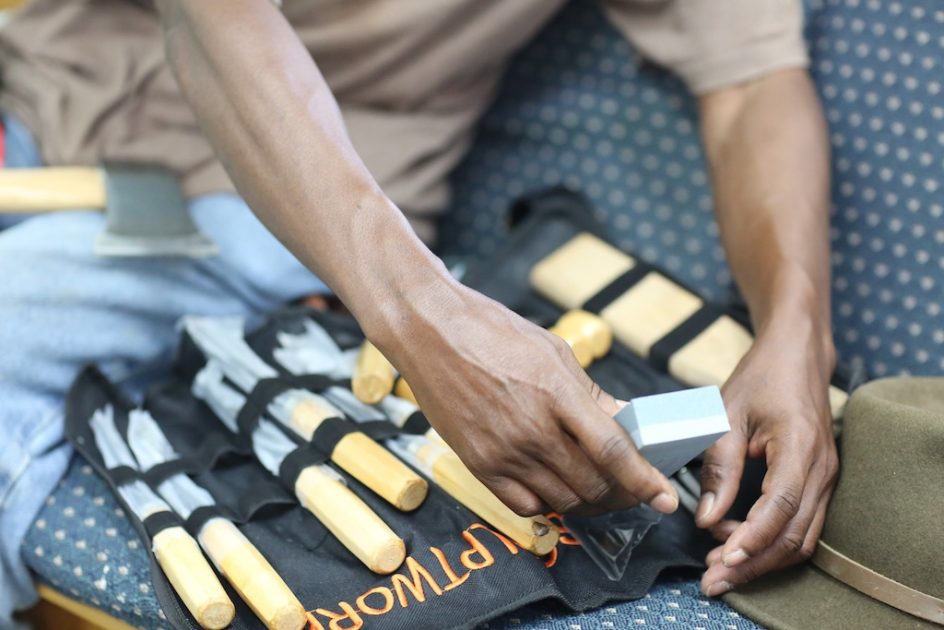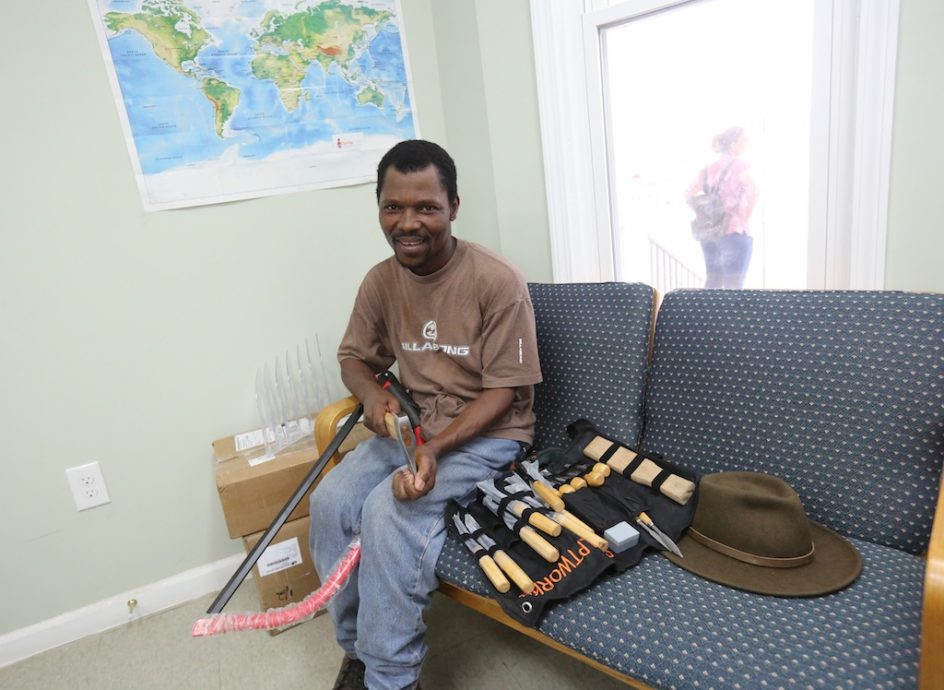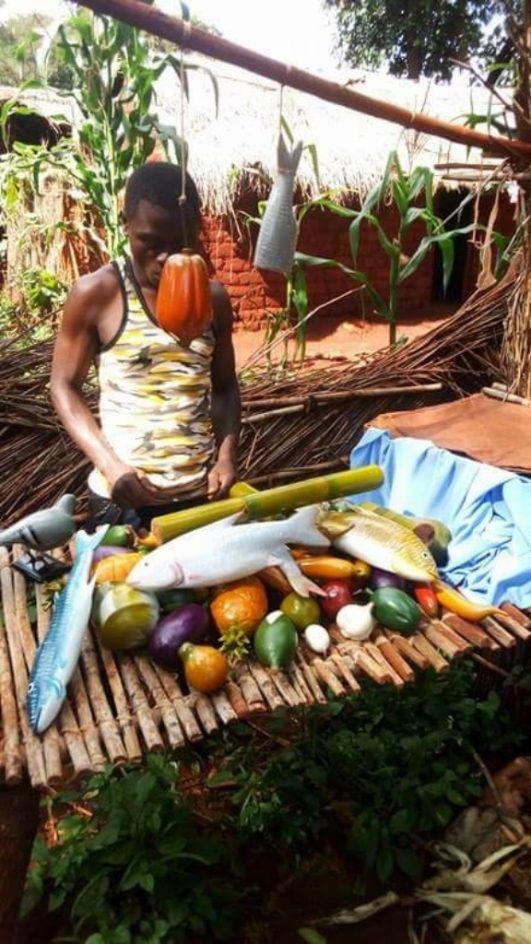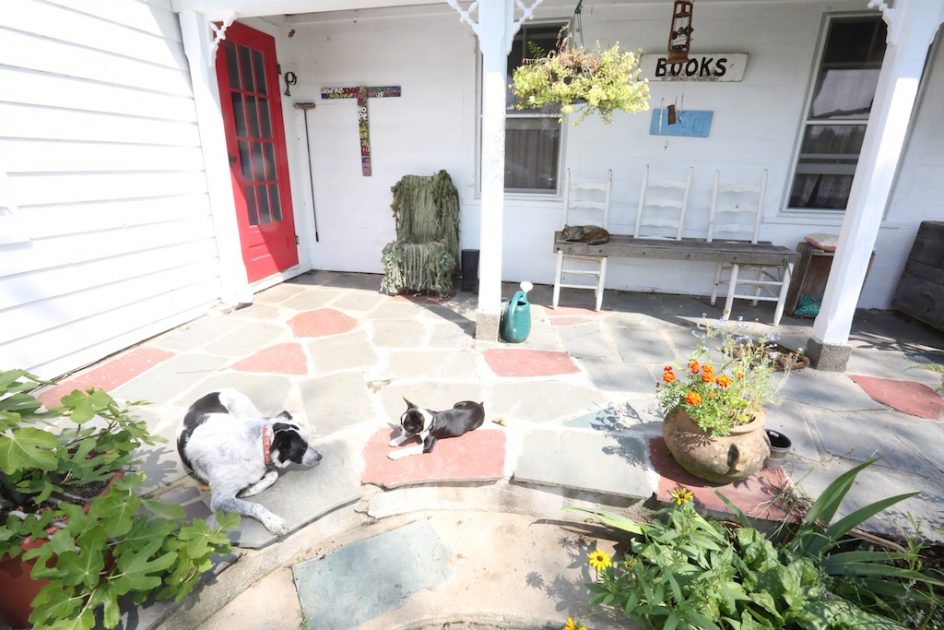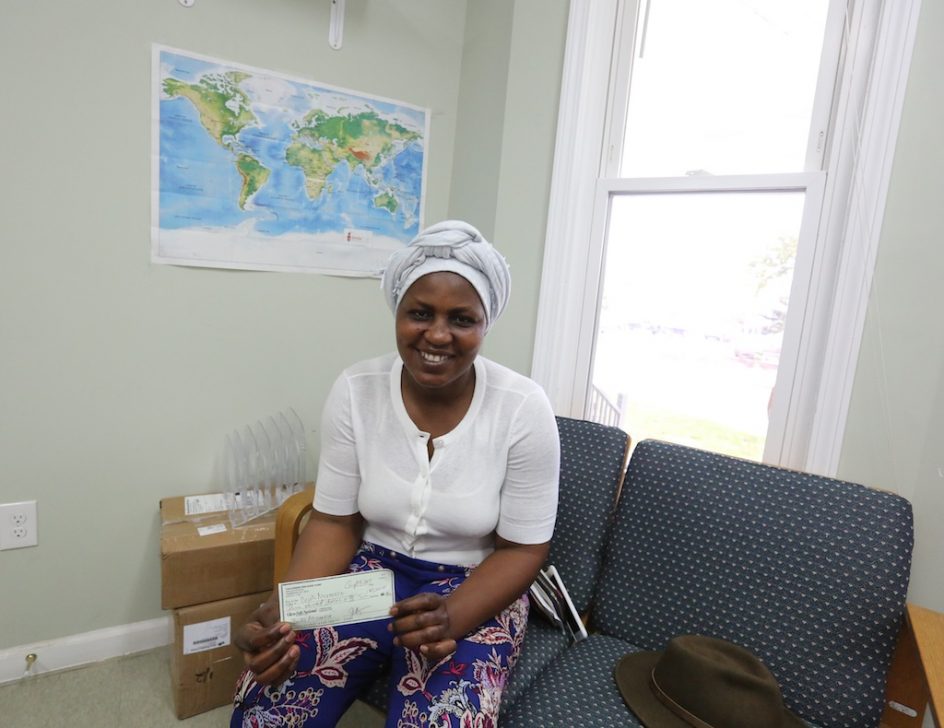
Devota Nyiraneza invited Maria and I to come to her apartment a week from Saturday in Albany. I accepted. I don’t know Devota all that well, but there are certain things I love about her – her sweetness, grace, pride and courage and determination. Today, I brought her a check for $3,000, the second installment of my campaign to pay off the $10,000 loan she took out thinking it was a financial aid package for her college-bound son.
Devota told me that she had just send $300 back to Rwanda so that her nice and nephew could register for school. They are orphans now, her brother died years ago. She regularly sends money to them. She lives in a small apartment with her four children, all of them the result of her being repeatedly raped by soldiers on her long walk to freedom in 1994.
She is applying for government permission to bring her brother’s children to the United States, but she knows that is a difficult path. She is hoping to hire an immigration lawyer.
For a year, Devota walked barefoot across Central Africa, pursued all the way by murderous soldiers and militias and forage food from farms. Eight of the women she started out with were slaughtered along the way. The road, she says, was littered with the bodies of children abandoned by their desperate parents.
Devota carried her three-month old baby all the way to Tanzania.
Devota is a U.S. citizen now, she passed her citizenship tests and speaks English well, if not fluently. She is no threat to our country.
She walked 2,485 miles across Central Africa to escape the Rwandan genocide, as it is known. Recently, she applied for financial aid so that her son, studying to be an engineer, could pay his tuition at Buffalo State University. It turned out this was a loan, it seems this happens to many refugees and a good number of American students.
So she started paying the loan off and moved to a smaller apartment with her four children.
I will meet them next week, and also the daughter that Devota carried so far to safety. She works two jobs now, one at Catholic Charities helping the disabled, the other cleaning floors at the Albany Medical Center.
Devota has an easy and generous smile. I’ve given her $4,000 in your donations over the past week, and more money is coming in. I hope to help her pay off the $10,000 loan, but she greatly appreciates the help she has already received. The donations for her are coming in a steady stream. Thank you.
If you wish to donate, you can send a contribution to Post Office Box 205, Cambridge, N.Y., 12816. or to Paypal: [email protected] Please mark “Devota” on the check or in the Paypal message box. And thank you, we have already made a huge difference in her life.

